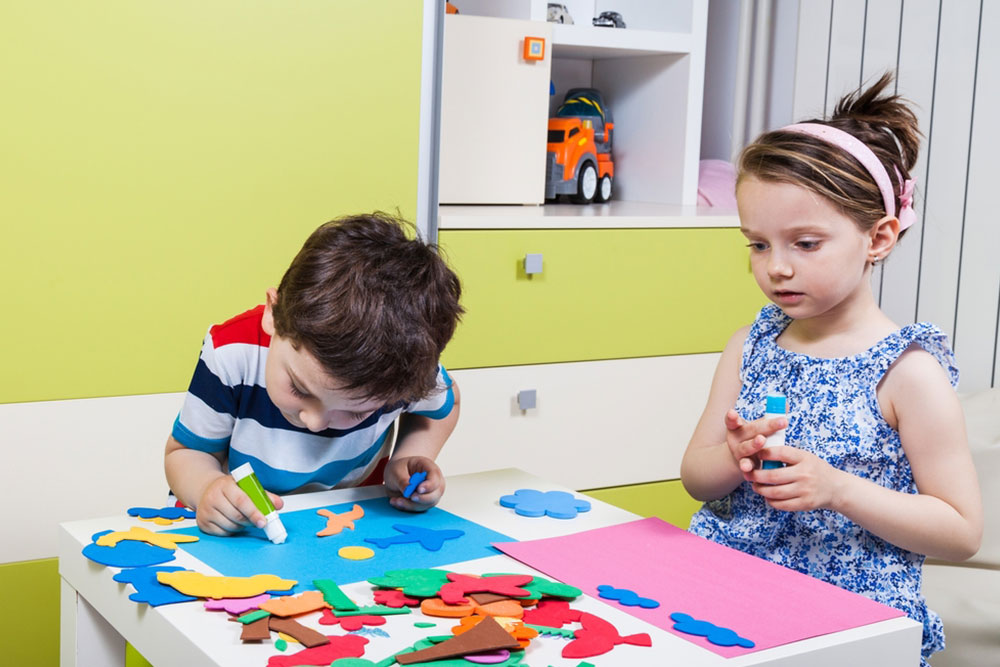Comprehensive Guide to Virtual Preschool Education Programs in the Modern Era
Explore the key components of modern virtual preschool education programs, including engaging play-based learning, parental support guidance, and strategies to promote cognitive and social development. Discover how these digital platforms can effectively prepare young children for future learning while supplementing social interaction needs through outdoor activities and peer engagement.

Essential Components of Effective Virtual Preschool Learning Platforms
Enrolling young children in preschool education is a crucial step in their early development, laying the foundation for lifelong learning and social skills. However, traditional in-person preschools often pose challenges related to costs, geographical location, health concerns, and logistical complexities for families. To overcome these barriers and provide accessible early education, many parents and educators are increasingly turning to innovative online preschool programs. These digital platforms are designed to deliver a rich, engaging, and holistic learning experience right from the comfort of home. This article delves into the key features and essential elements of virtual preschool programs, exploring how they support children's growth and learning effectively while considering the importance of social interactions.
Interactive Learning Through Play and Engagement One of the core principles of successful virtual preschool programs is incorporating play-based learning that actively engages children. These digital platforms utilize vibrant animations, colorful graphics, and interactive activities to create a stimulating learning environment. For example, children can participate in animated stories, puzzles, matching games, and quizzes that promote cognitive skills such as problem-solving, memory, and attention span. Teaching basic concepts like days of the week, months, shapes, colors, and social topics such as sharing and cooperation are achieved through catchy nursery rhymes and songs, which are scientifically proven to enhance memory retention and language development in early childhood. The use of multimedia-rich content makes the learning process fun, motivating children to explore and discover new knowledge voluntarily.
Support and Guidance for Parents Recognizing the vital role parents play in early education, online preschool platforms often include dedicated modules to empower parents with strategies to facilitate effective learning at home. These may include guides on establishing daily routines, monitoring progress, and encouraging curiosity and independence. Parental involvement not only reinforces the lessons learned but also helps tailor learning experiences to each child's unique needs. Flexibility is a key advantage of virtual programs, allowing parents to choose content based on their child's interests and developmental stage, thus making education a collaborative journey between the educators, children, and caregivers.
Promoting Cognitive Development and Social Skills While the primary focus of virtual preschool programs is on foundational academic and cognitive skill development — such as early literacy, numeracy, and problem-solving — they also emphasize fostering social awareness and emotional intelligence. However, a limitation of online learning is the reduced opportunity for peer interaction and real-world social skills development. To mitigate this, many programs recommend integrating outdoor activities, nature exploration, and supervised playdates into children’s routine. Additionally, some platforms offer virtual classrooms or live sessions with peers, encouraging communication and teamwork. These supplementary activities are crucial for nurturing friendship-building skills, empathy, sharing, and cooperation, which are essential components of social development at this stage.
In conclusion, virtual preschool education programs have evolved significantly and now include a broad spectrum of features designed to make early learning accessible, engaging, and effective. When combined with outdoor activities and social interaction efforts, these platforms can serve as valuable tools in the holistic development of young children, preparing them for future academic success and social competence.





